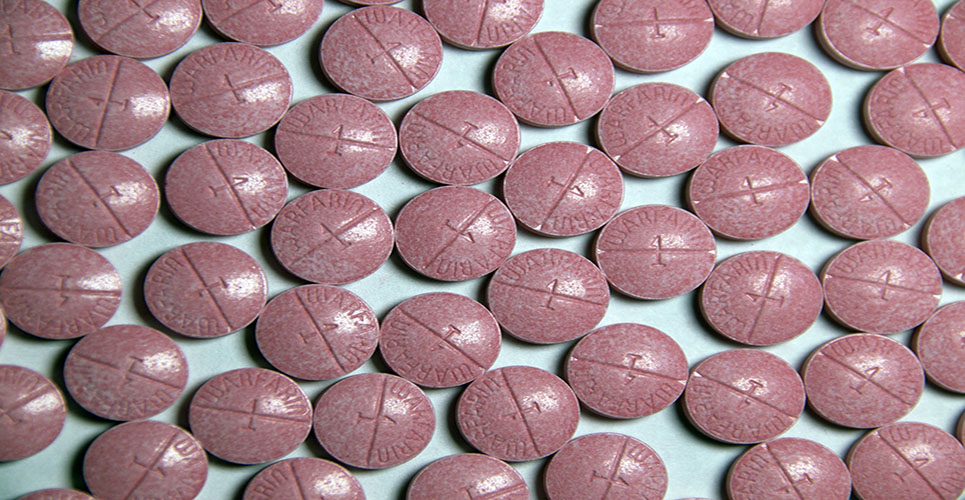teaser
Dabigatran etexilate 150mg twice daily consistently beats warfarin at preventing stroke linked to atrial fibrillation, research suggests.
The findings are based on new data from two RE-LY® sub-group analyses presented at the 60thAnnual Scientific Session of the American College of Cardiology (ACC).
RE-LY® is the largest AF trial to date. It was a PROBE (prospective,randomised, open-label with blinded endpoint evaluation) trial designedto compare two fixed doses of the oral direct thrombin inhibitordabigatran (110mg and 150mg bid) each administered in a blinded manner,with open label warfarin.
Pradaxa® 110mg bid was shown to be aseffective as warfarin.
The sub-group analyses assessed the rate of stroke andsystemic embolism with dabigatran etexilate compared with well-controlledwarfarin in patients with different types of AF (paroxysmal,persistent, permanent) and according to a refined stroke risk score CHA2DS 2VASc, which complements the traditionally used CHADS 2 score and has been recommended in the current European guidelines.

The results showed that the reduction of stroke rates seen with dabigatran etexilate 150mg bid compared to well-controlled warfarin across all CHA 2DS 2VAScstroke risk groups were consistent with the overall RE-LY® trialconclusions [as indicated by the p-value for interaction=0.60], whichestablished the superiority of dabigatran etexilate 150mg bid versuswell-controlled warfarin 2
In addition, the CHA 2DS 2VASc data were consistent with results from a previous sub-group analysis using the CHADSscore, which showed that dabigatran etexilate 150mg bid reduced therate of stroke across all stroke risk groups, including the patients inthe high risk group [n=5,882].
Dabigatran etexilate 150mg and 110mg bid doses have a favourablebenefit-risk profile compared to warfarin, including in patients withlower CHA 2DS 2VASc scores.
Dabigatran etexilate 150mg bid offers improved efficacy versus well-controlled warfarin (median TTR = 67%)for the prevention of stroke irrespective of the type of AF(paroxysmal, persistent, permanent), consistent with the overall RE-LY®trial conclusions [as indicated by the p-value for interaction=0.16].

